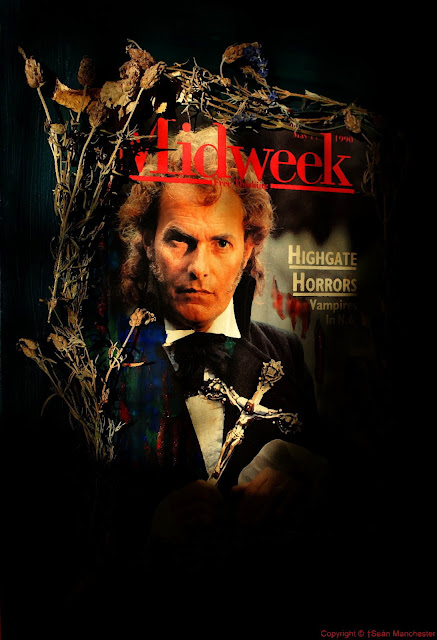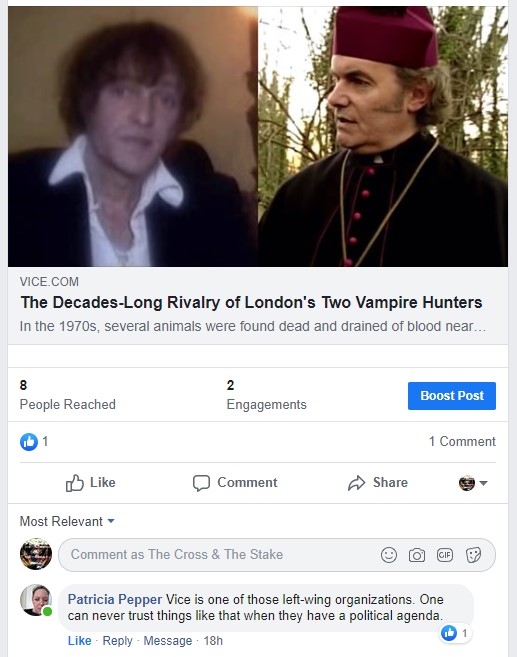Most everyone has a story to tell, and mine, up to that point, became public on 27 February 1970 when, albeit reluctantly, I revealed some of that story in a front page feature article. From that moment, I ceased to have a private life, especially following the Reuters News Agency getting hold of it, and my being interviewed by a television programme, transmitted on Friday 13 March 1970, a short time later. I quite literally woke up and found myself famous. Yet it was a wholly unwanted celebrity.
Up until the end of the last century, notwithstanding one or two attempts to treat me in a lighthearted manner, I was received with impartiality and respect by film production companies, television and radio programmes, quality glossy magazines, including an appearance on the cover of The Sunday Times magazine, and others besides. As we entered the new century it became abundantly clear that people's beliefs, particularly belief in the supernatural, had fast begun to erode and become eclipsed by an aggressive form of atheism, often dressed up as something else, eg humanism etc. Interest in me did not lessen, however, but suddenly I was now, according to a new generation, see RationalWiki, and others of that ilk, "an unhinged British author." I was being painted as "unhinged" for one reason only: I was continuing to tell my story, but it no longer chimed with the atheistic, anti-everything considered supernatural, clique who dismiss all such things as fairy tales. My story now earned their opprobrium on a grand scale, and they were not slow to make their displeasure known.
“Ever since I became aware that Highgate Cemetery was the reputed haunt of a vampire, the investigations and activities of Seán Manchester commanded my attention. I became convinced that, more than anyone else, he knew the full story of the Highgate Vampire.”
~ Peter Underwood, ghost hunter & author, The Ghost Club Society, London, England
“I am very impressed by the body of scholarship you have created. Seán Manchester is undoubtedly the father of modern vampirological research.”
~ John Godl, paranormal researcher and writer, Sydney, New South Wales, Australia
“Seán Manchester is to be congratulated on this fine piece of research work which I confess to enjoying to the extreme.”
~ Professor Devendra P Varma, vampirologist & author, Dalhousie University, Halifax, Canada
“Fascinating in its subject matter and magnificent in the quality of its prose. Seán Manchester’s literary style is refreshingly reminiscent of the Gothic genre.”
~ Paul Spencer Vickers, Dept of English Literature, University College, London, England
“Seán Manchester is the most celebrated vampirologist of the twentieth century.”
~ Shaun Marin, reviewer and sub-editor, Uri Geller’s Encounters magazine, England
“A most interesting and useful addition to the literature of the subject.”
~ Reverend Basil Youdell, Literary Editor, Orthodox News, Christ the Saviour, Woolwich, England
“This book will certainly be read in a hundred years time, two hundred years time, three hundred years time ~ in short, for as long as mankind is interested in the supernatural. It has the most genuine power to grip. Once you have started to read it, it is virtually impossible to put it down.”
~ Lyndall Mack, Udolpho magazine, Chislehurst, England




















